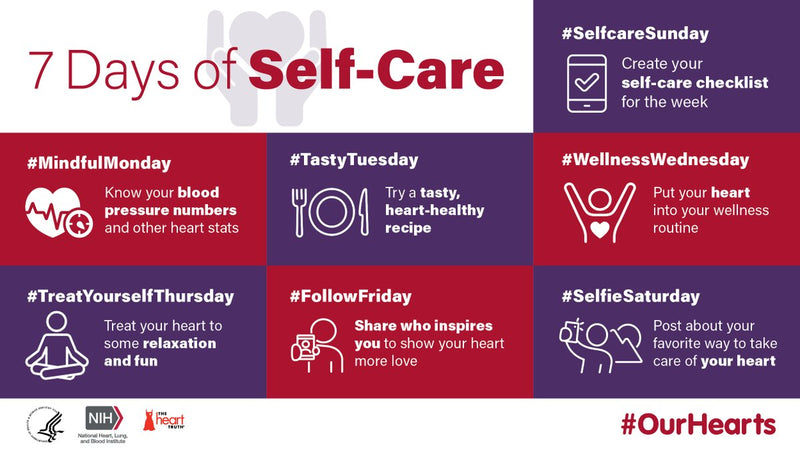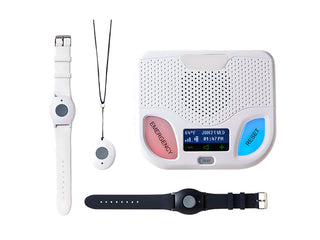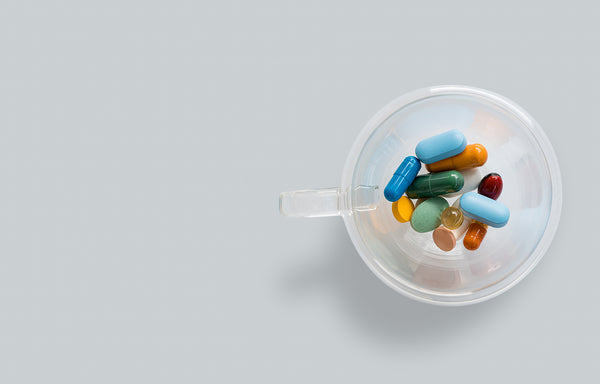Health Updates
Tips for Better Heart Health

Besides Hallmark and chocolate manufacturers, February’s focus on love and – by proxy – hearts, is important for a few other organizations, including the American Heart Association (AHA) and the National Heart, Lung and Blood institute (NHLBI), as they raise awareness around cardiovascular health during the month also known as American Heart Month.
Throughout February, the focus on #OurHearts is intended to motivate Americans to adopt healthy lifestyles to prevent heart disease. And COVID-19 has made this year’s efforts even more important: People with poor cardiovascular health are also at increased risk of severe illness from COVID-19.
“It does not look like cardiovascular disease makes people more likely to get the virus,” said Dr. Mitchell Elkind, professor of neurology and epidemiology at Columbia University in New York City. “It's more that it makes the course of it potentially worse.”
According to data released this past summer by the Centers for Disease Control and Prevention, COVID-19 patients with underlying conditions such as cardiovascular disease are six times more likely to be hospitalized and 12 times more likely to die than patients without any chronic health problems. And about 1 in 3 people with COVID-19 has cardiovascular disease, making it the most common underlying health condition.
“People with cardiovascular disease, including high blood pressure, diabetes and obesity, should be particularly careful about ways to avoid catching the virus,” said Dr. Elkind.
But prevention isn’t everything: according to Dr. Erin Michos, associate professor of cardiology and associate director of preventive cardiology at the Johns Hopkins University School of Medicine in Baltimore, “just because we need to be careful about social distancing doesn't mean we need to ignore other cardiovascular health.”
Which means patients with cardiac disease need to maintain usual treatment – and look at ramping up efforts to protect heart health. “All the things that we recommend for cardiovascular prevention – that hasn't gone away,” Dr. Michos continued.
So what can people concerned about heart health do? An early screening to gauge an individual’s risk related to stroke and cardiovascular diseases before there are any visible symptoms is one good way to start monitoring heart health on a regular basis.
The tests that exist today for cardiovascular disease treatment and prevention are particularly useful for people who are at a higher risk than others of getting these diseases, including those who are above the age of 50 or suffering from any other chronic illnesses such as diabetes, high cholesterol, high blood pressure, obesity, or a family history of stroke and cardiovascular disease. It is also recommended that people with a history of smoking to get themselves checked and diagnosed on a regular basis.
In addition to preventive screening, the AMA recommends people take care of their hearts with these tips for heart-healthy medications, recommendations and exercise:
- Routinely test your blood pressure: Keep tabs on your overall heart health by getting a blood pressure monitor you can use at home.
- Follow cholesterol guidelines: Though patients have been traditionally recommended to stay below certain numbers, new cholesterol guidelines focus instead on calculating cardiovascular risk. You can check your risk with the ASCVD risk assessment tool.
· See your doctor regularly: Standard check-ups with your doctor ensures that any irregularities with your blood pressure or cholesterol levels will be spotted — and dealt with — as early as possible.
· Make DASH part of your eating plan: the Dietary Approaches to Stop Hypertension (DASH) eating plan is not one of them. This National Institutes of Health-approved diet is backed by research and was designed to help lower blood pressure and prevent hypertension. The plan is low in saturated fat and cholesterol and prioritizes fruits, vegetables, fish and low-fat dairy products.
· Weigh yourself regularly: If you're looking to lose either weight gain related to COVID-19 or the holiday season, monitoring your progress can help by weighing yourself once a week. Greater weight self-monitoring is correlated to greater weight loss and less weight gain, according to several studies.
- Make exercise a priority: The AMAhas expanded their recommendations on how long, how frequently and what kinds of exercise are needed to maintain a healthy heart:
- For overall heart health:
- 30 minutes of moderate-intensity aerobic activity 5 days per week = 150 minutes/wk.
OR - 25 minutes of vigorous aerobic active 3 days per week = 75 minutes/wk.
AND - Moderate to high intensity muscle strengthening activity at least 2 days per week.
- 30 minutes of moderate-intensity aerobic activity 5 days per week = 150 minutes/wk.
- For lowering blood pressure and cholesterol an average of 40 minutes of moderate—vigorous aerobic activity is recommended 3—4 times/week.
· Count your steps: Whether you use an old-fashioned pedometer, a fitness device, or your smartphone, you can get more active by keeping track of your step count and trying to reach about 10,000 steps a day. Easy ways to sneak in extra steps include an after-dinner walk every night, taking the stairs instead of the elevator or parking farther away from places you may be visiting.
· Track your target heart rate when you exercise: According to the NIH, the best way to find out whether any physical activity is improving the fitness of your heart and lungs is by tracking your heart rate when you exercise. The guide says your target heart rate should be between 50 and 75 percent of your maximum heart rate (a goal that changes as you age).
Incentivized to do some heart healthy work? Research shows that having social support and a network of friends and family makes heart health initiatives easier. So if you want a get a little inspiration (or give a little inspiration), you can check out this interactive map to see how other people are giving some love to their hearts this month.







